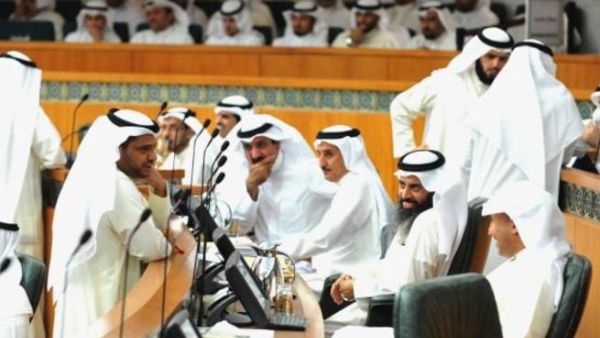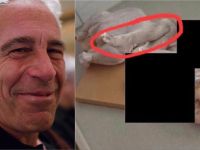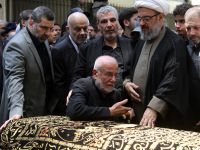His Highness the Amir Sheikh Sabah Al-Ahmad Al-Sabah yesterday issued the much-expected decree to dissolve the 2009 National Assembly for a second time less than four months after it was given a new life by the constitutional court. Former opposition MPs welcomed the decision but called for issuing another decree to set the date for the new elections which must be held within two months or before December 7 in this case.
The opposition figures also warned the government against issuing another decree to amend the electoral constituency law and demanded that elections must be held on the basis of the existing law which was confirmed by the Constitutional Court on September 25. No reason was given for not issuing the decree to set the election date but the opposition has suspected that it could be to give more time to the government to amend the voting system which could spark protests.
The 2009 Assembly was dissolved in December last year following youth-led street protests amid allegations of corruption against at least 13 members of the 50-seat Assembly that they received bribes. The protests also led to the resignation of former Prime Minister Sheikh Nasser Mohammad Al-Ahmad Al-Sabah and the appointment of current premier Sheikh Jaber Al-Mubarak Al-Sabah.
General elections were then held on February 2 and the opposition scored a big victory to control more than 35 seats. On June 20 however, the Constitutional Court nullified the legislative polls and scrapped the Assembly because an Amiri decree that dissolved the 2009 Assembly and another that invited voters to elect a new Assembly were found to be flawed. The court also revived the 2009 Assembly which was dominated by pro-government members.
The revived Assembly failed to meet although it was invited to convene on two occasions on July 31 and August 7 because it was boycotted by both the opposition and pro-government MPs who sensed that the government was planning to dissolve the house. Opposition groups have pressed for the quick dissolution of the Assembly while the government took its time and decided to refer the electoral constituency law to the Constitutional Court challenging that the first two provisions of the law were unconstitutional.
The court however rejected the government appeal and held that the law was in line of the constitution. More than a week later, the cabinet finally approved the Amiri decree calling to dissolve the National Assembly, paving the way for fresh polls. The 2009 Assembly was the first assembly to be dissolved twice in Kuwait’s 50-years democracy and it is the sixth assembly to be dissolved since May 2006 and the ninth since democracy was introduced in Kuwait in 1962.
The next elections will be the second to be held in one year for the first time in Kuwait and it will be the fifth polls since mid-2006. Former opposition MPs welcomed the decree but warned against issuing what is known as emergency decrees to amend the electoral constituency law. Former opposition MP Mussallam Al-Barrak said that after the decree, Kuwait is before two ways: the first which is in line with the constitution and calls for holding the new election on the basis of the existing law while the second represents a coup against the constitution which is to amend the law. Former MP Ahmad Al-Saadoun warned that Kuwait is passing through a turning point and called for ignoring calls by forces of corruption to amend the law.
In another development, the court will today hear the case of storming the National Assembly in which 68 opposition activists including nine former MPs are involved. Al-Humaidi Al-Subaie, one of the defense lawyers, said the defense will demand the postponement of the session till another date because we have will make several demands, without details. Since the Assembly has been dissolved, the former MPs will no longer enjoy parliamentary immunity and can be tried and questioned.
By B Izaak
Is it worthwhile having a parliament at all? Will they ever agree to disagree? Tell us what you think below.









